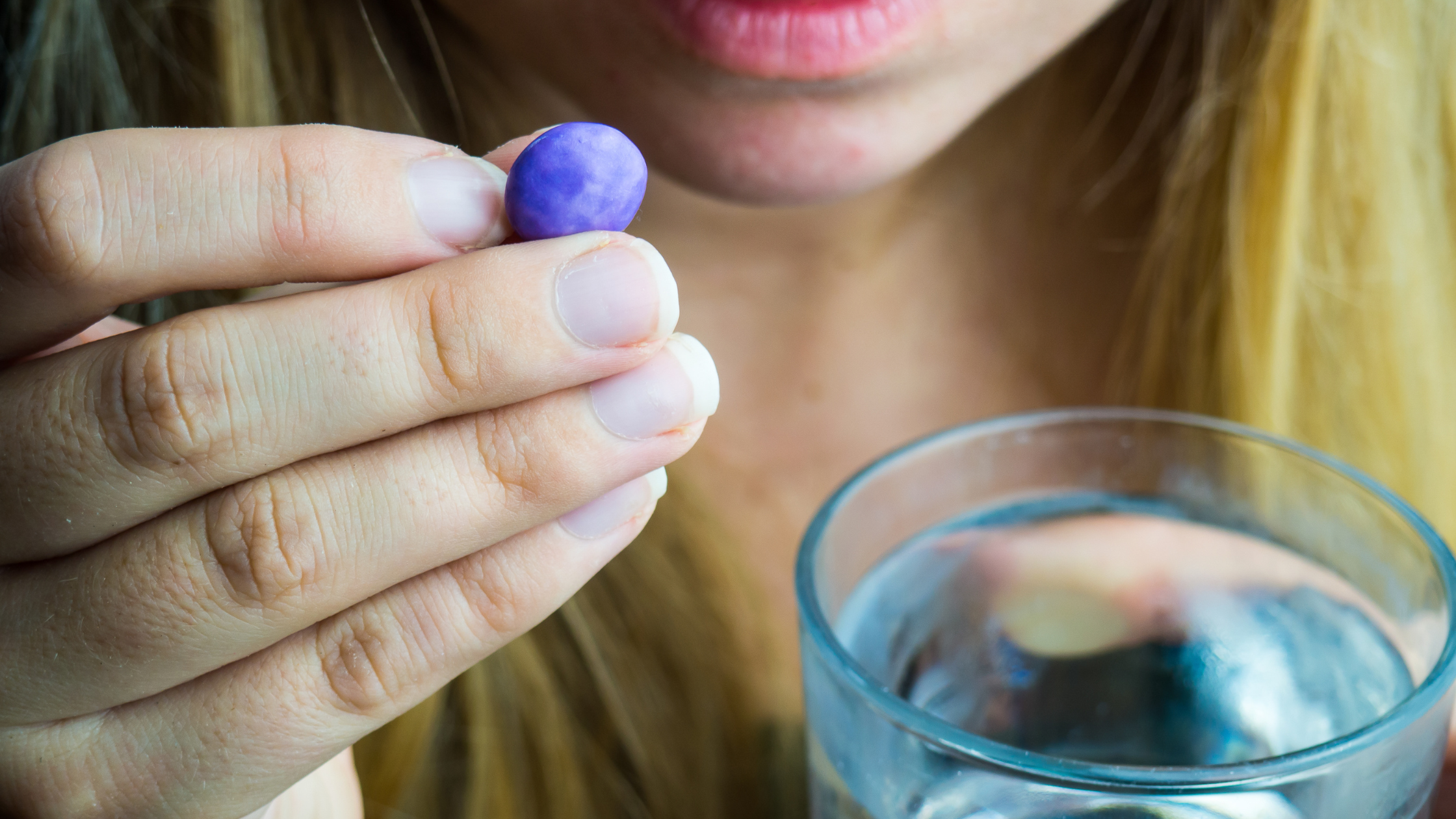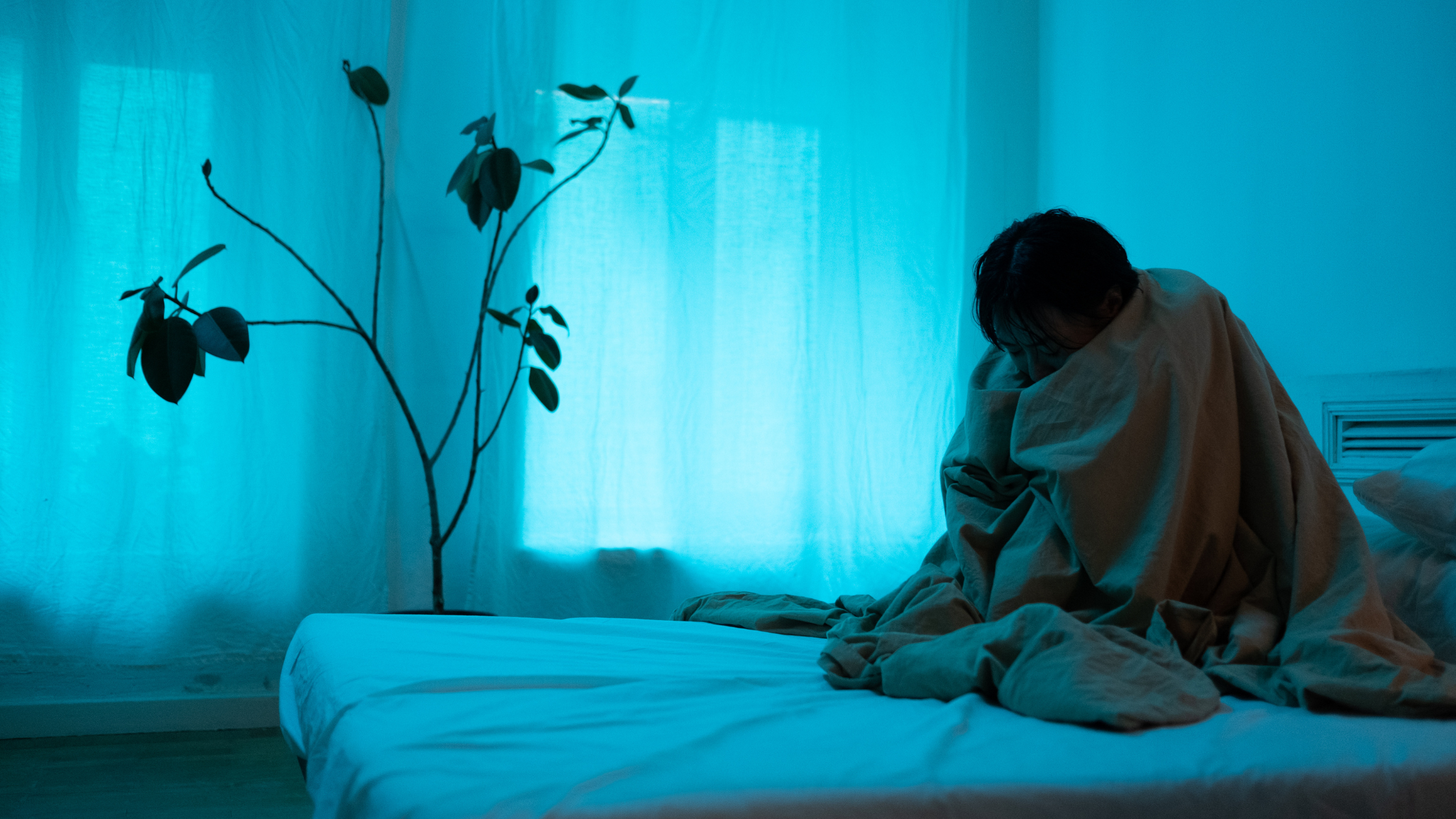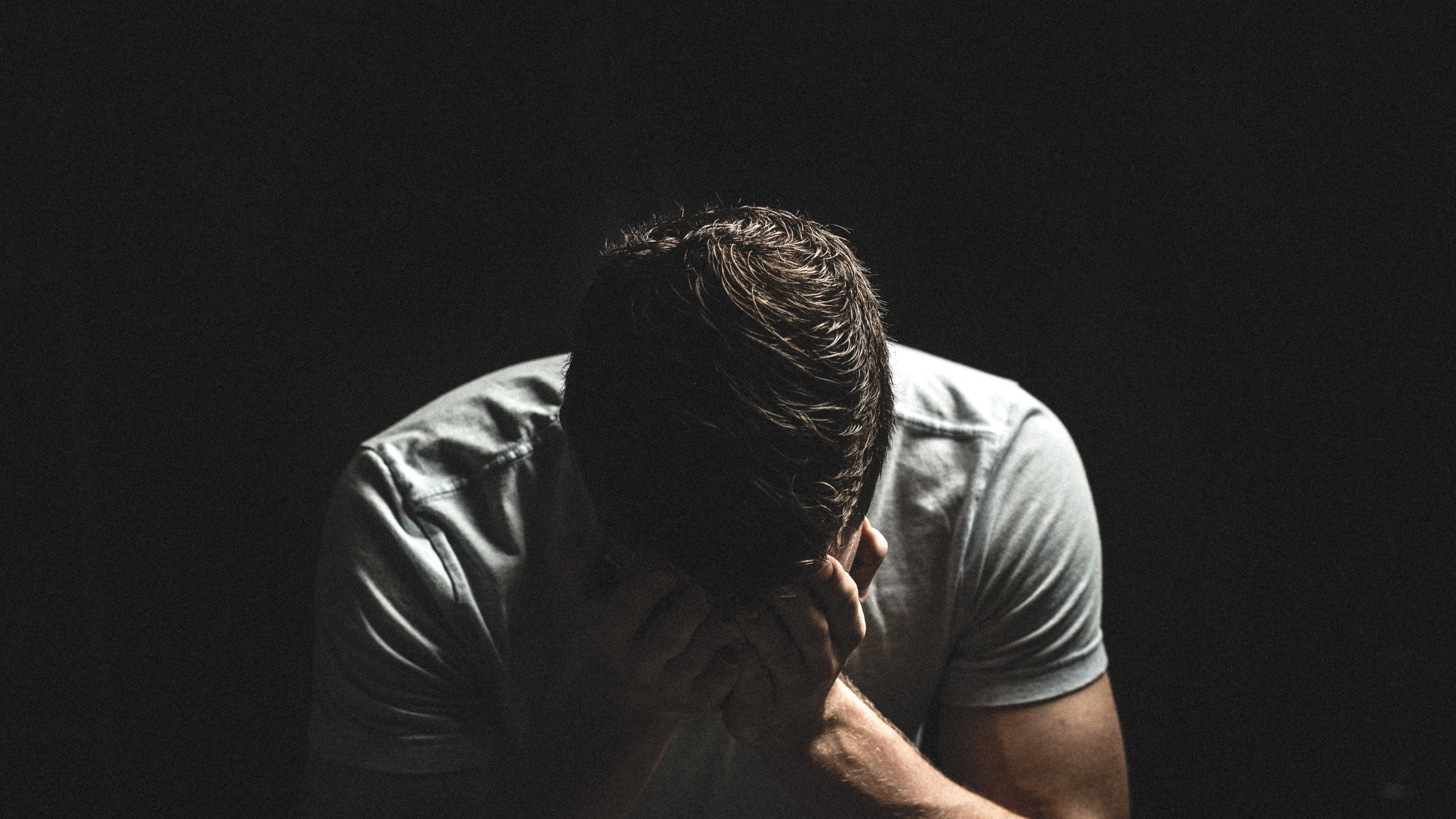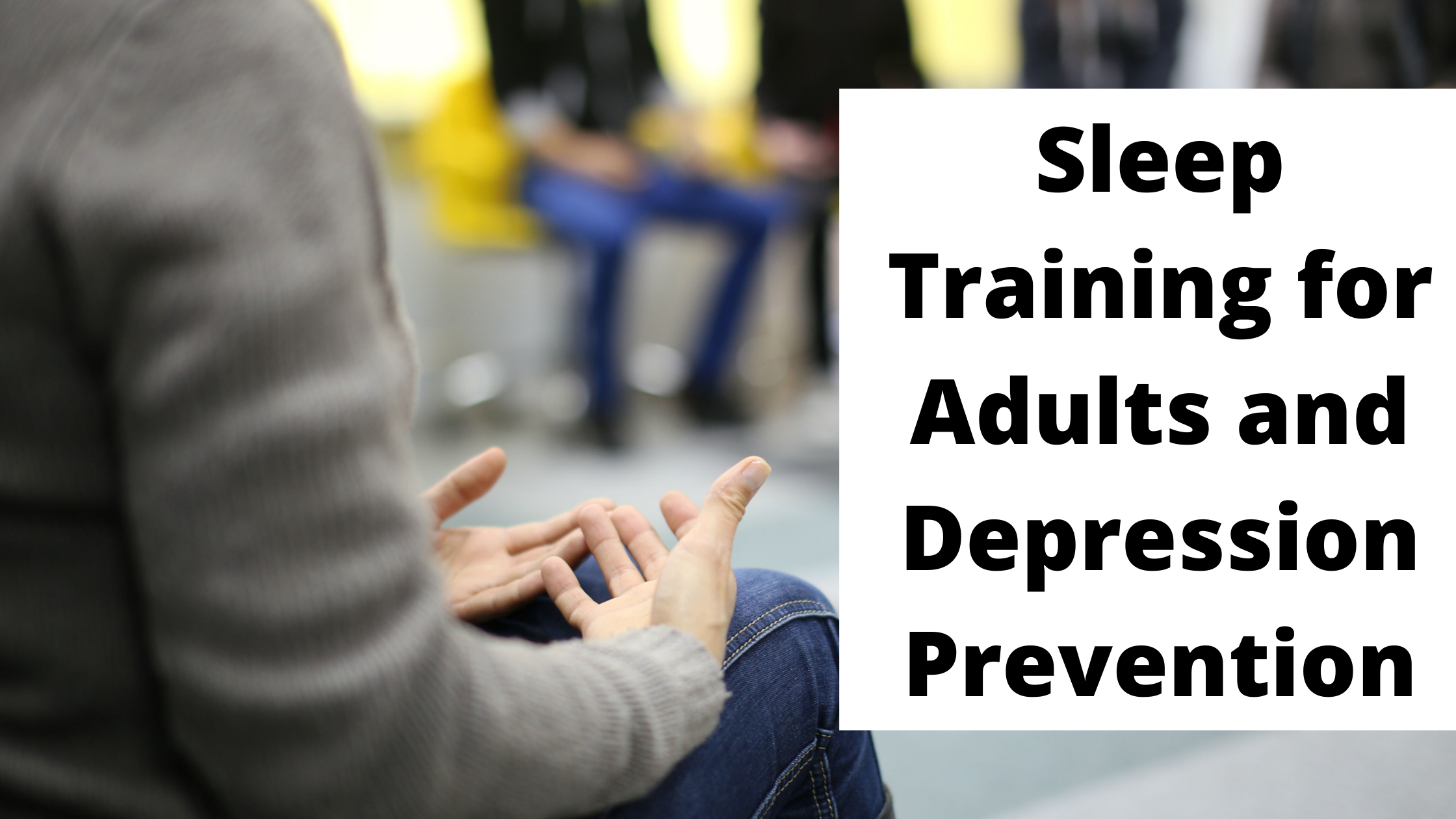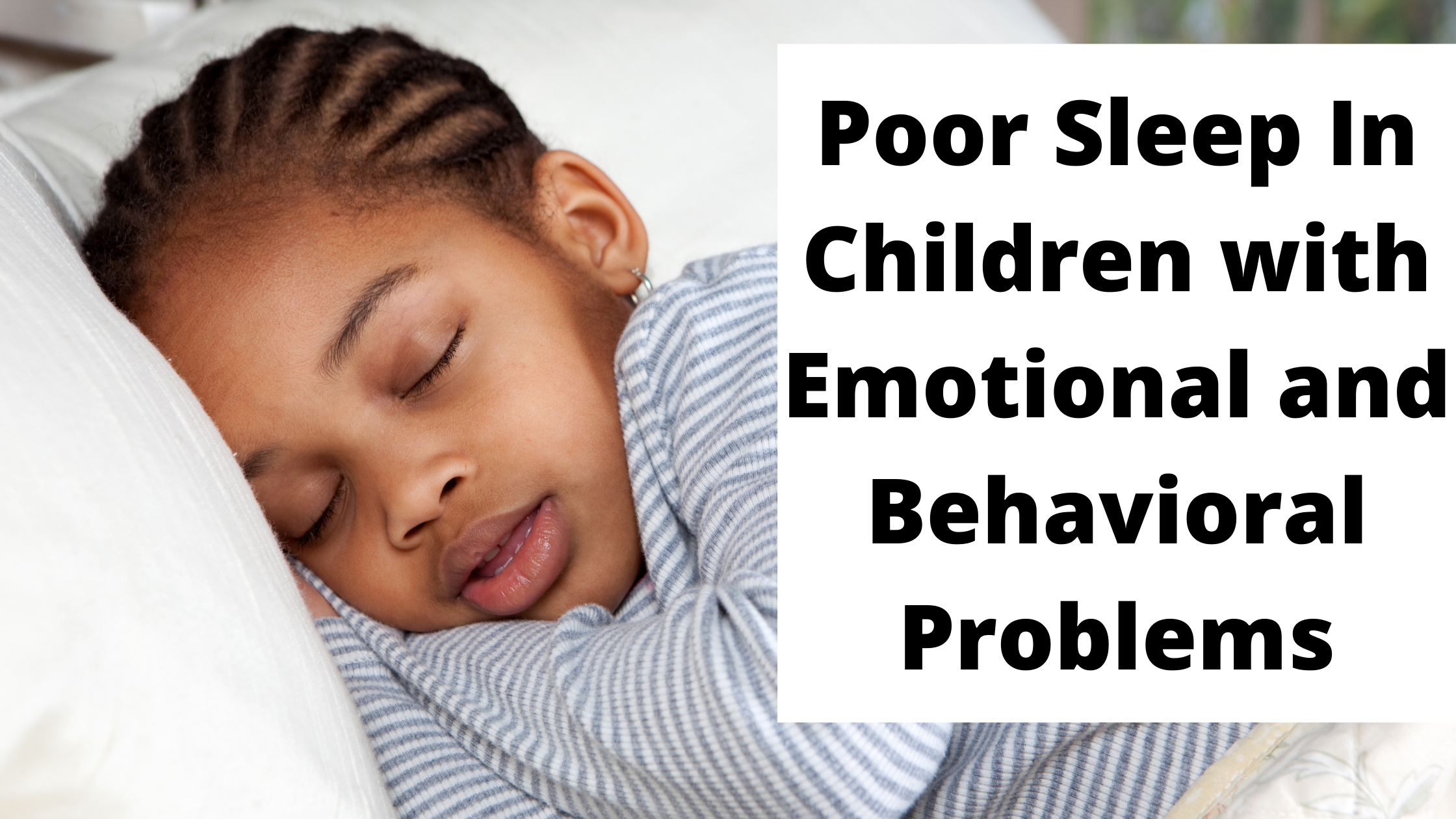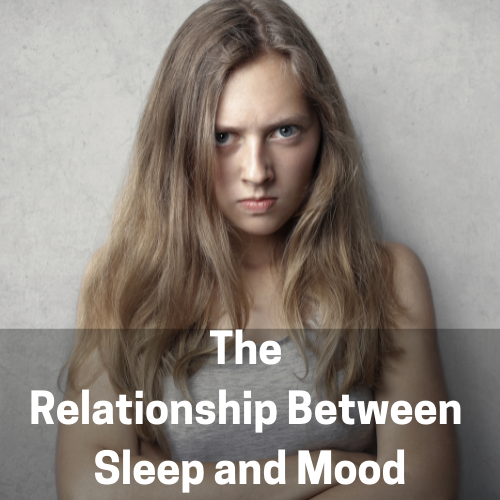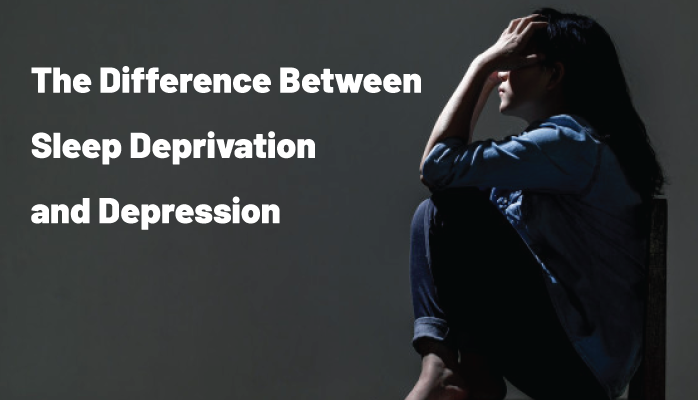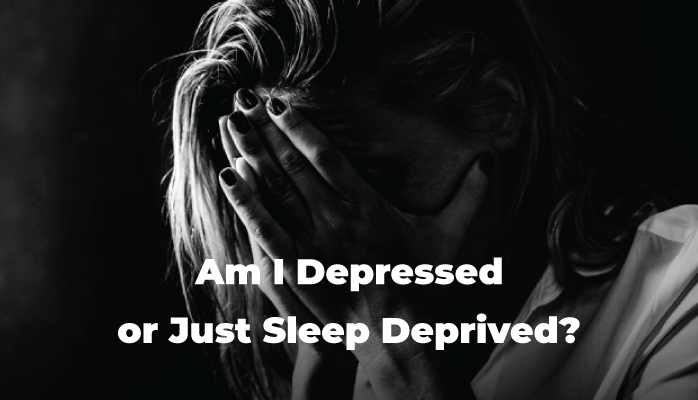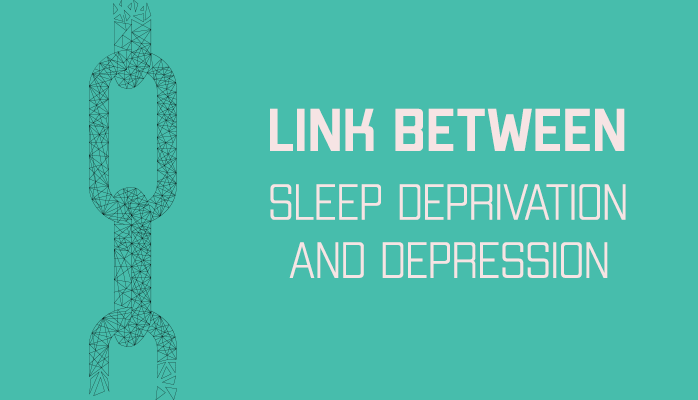For those on a journey toward mental well-being, antidepressants can be valuable companions in the quest for balance. However, as with any medication, it's crucial to be aware of potential side effects. One area that often raises questions is the impact of antidepressants on sleep. In this guide, we'll explore the relationship between these medications and sleep patterns, offering insights to help individuals make informed decisions about their mental health and restful nights.
Understanding Antidepressants and Their Impact on Sleep
Both insomnia and depression are interrelated conditions that can worsen the other. The good news about this is that treating one, often improves the other, and treating both can drastically improve the quality of your life.
The link between them is bidirectional. Worsening depression, often leads to insomnia. And an inability to sleep, often leads to worsening depressive feelings, as sleep is required for mental wellbeing. Continue reading to learn more about how treating both conditions works to improve the other.
Depression is a common mental health disorder that many Americans struggle with on a daily basis. Depression can have many symptoms that interrupt the day. One part of the day that depression can severely interfere with is sleep. Sleep and depression have a bidirectional relationship where they both affect the other period for example the more severe one suppression is, the more severe their sleep related issues are. And vice versa. The more sleep problems one has, the worse their depression seems to be.
Some people have depression all day every day. However others only have depressions in certain parts of the year, or even certain parts of the day. For those who only have depression at certain parts of the day, either at night or in the morning, this is called diurnal mood variation. If you find yourself only getting depressed late at night whenever you're getting ready to go to bed, but feel great in the morning, you may be one of these people. Continue reading to learn more and see what you can do to help yourself get a good night's rest.
Sleep Training for Adults and Depression Prevention
Sleep training isn’t just for helping children sleep through the night—adults can also apply sleep training techniques to themselves, and it’s highly recommended. In the sections below, you’ll learn how adults can implement sleep training and how this practice can play a role in preventing depression.
Poor Sleep in Children and Emotional and Behavioral Problems
Sleep is very important for children. Sleep helps them grow, prevents illness, and provides them with energy for another day of learning. Adequate sleep also helps children with emotional and behavioral regulation. For children, poor sleep can lead to emotional and behavioral problems (EBPs). Continue reading to find out what these problems are and how sleep influences their development.
Imagine it's one of those nights where you have gotten a poor night's sleep. Your alarm goes off way too early, and you are in disbelief that you have to get up and be productive for an entire day. For the rest of the day, you may be tired, irritable, and a huge grump. These feelings are natural and experienced by most individuals with poor sleep. Your sleep and mood are interconnected because sleep is important for brain function and mood is controlled by your brain. Keep reading to find out more about the relationship between sleep and mood.
Depression and sleep deprivation symptom similarity
It may seem like identifying sleep deprivation would be obvious, or that the only symptom of lack of sleep is being tired. This list is intended to help you take measured stock of some of the most common symptoms of sleep deprivation, to help you identify whether or not you may be operating at a suboptimal level due to chronic sleep deprivation, depression, or both.
What is Sleep Deprivation
Sleep deprivation is the chronic condition of not receiving adequate sleep. Adequate sleep will differ from person to person, and change as we age. Most of us suffer from sleep deprivation because we either have trouble staying asleep, or getting to sleep. Does that sound familiar?
It's also important to distinguish between short-term sleep deprivation, such as sleep deprivation caused by anxiety or stress that will soon pass, and long-term sleep deprivation, such as a chronic lack of sleep that may spread over months or years.
Sleep deprivation is usually followed by sleep binging (i.e. on the weekends) before the cycle of sleep deprivation starts over. Chronic sleep deprivation is has a strong link to depression. One of the common signs of insomnia and sleep apnea, for example, is depression.
What is Sleep Deprivation
Sleep deprivation is the chronic condition of not receiving adequate sleep. Adequate sleep will differ from person to person, and change as we age. Most of us suffer from sleep deprivation because we either have trouble staying asleep, or getting to sleep.
It's also important to distinguish between shorter term sleep deprivation, such as sleep deprivation causes by anxieties or stress that will soon pass, and long term sleep deprivation, such as a chronic lack of sleep that may spread over months or years.

